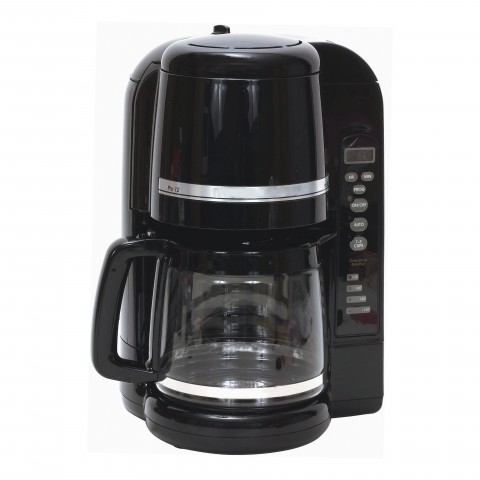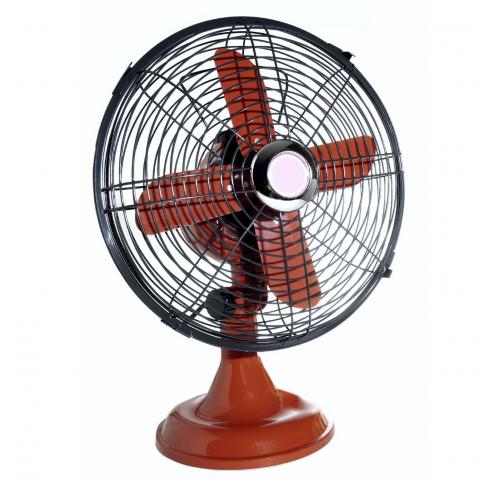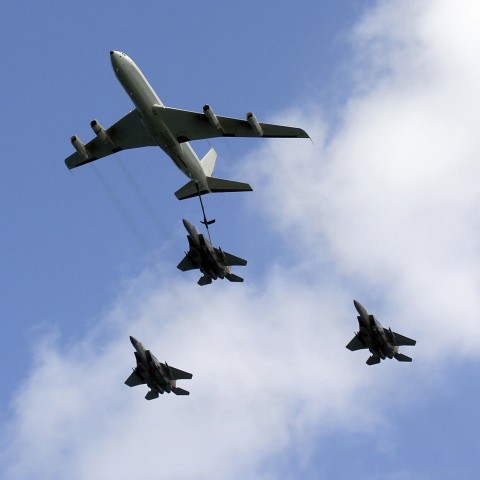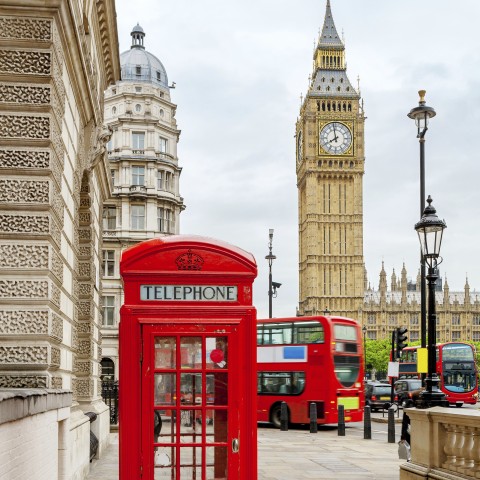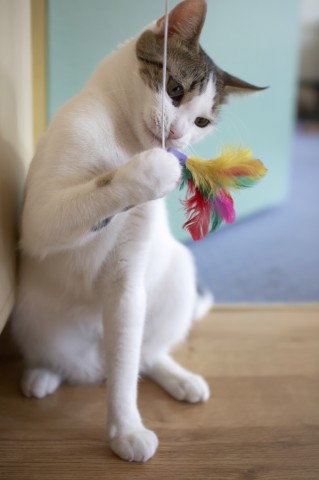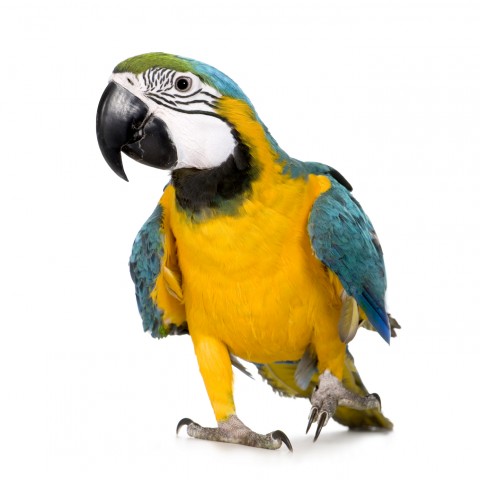
Getting lost is never fun, even less so in a foreign country. Knowing how to give or ask for directions in Afrikaans is therefore a very helpful skill to have when visiting South Africa! Fortunately, most South Africans speak English, Afrikaans, and/or Zulu, three of the country’s eleven national languages. They’re normally a helpful, friendly people. So, if you know all about asking for directions in Afrikaans, you won’t easily get lost!
Learn the basics about how to give directions in Afrikaans (and ask for them), and more, at AfrikaansPod101. It’s our goal to keep your learning fun and easy!
Let’s start with the basic vocabulary you need to master. Whether you’re asking or giving directions in Afrikaans, knowing certain words and how native speakers pronounce them will make your life much easier on South African roads. For instance, “left” in Afrikaans is links, while “right” in Afrikaans is regs. There—you already know two of the most important direction words in the language!
Here’s an example of directions in Afrikaans to show you how you would use them in a sentence:
Basic sentence: Hou regs verby die Uniegeboue.
Translation: “Keep right (as you pass) the Union Buildings.”
Complex: Hou regs verby die Uniegeboue, en kyk uit links vir die hospitaal.
Translation: “Keep right as you pass the Union Buildings, and look out for the hospital on the left.”
“Straight” in Afrikaans is reguit, which is where we’re heading now—to vocabulary and phrases!
 Table of Contents
Table of Contents- Directions in Afrikaans: On the Road
- Directions in Afrikaans: On a Map
- Directions in Afrikaans: Survival Questions and Phrases
- Directions in Afrikaans: Landmarks
- Learn the Best Directions in Afrikaans at AfrikaansPod101!
1. Directions in Afrikaans: On the Road

Fortunately, Afrikaans and English are both Germanic languages. This means that they use the same alphabet; most Afrikaans can be translated literally into English and vice-versa.
ry reguit af — “drive/ride straight down”
Simple Sentence: Ry reguit af met Long Street.
Translation: “Drive straight down Long Street.”
Complex Sentence: Draai links en ry dan reguit af met Long Street.
Translation: “Turn left and then drive straight down Long Street.”
Note: The two languages share an expression that has to do with direction: “As the crow flies” / Soos die kraai vlieg. This means that something moves in a straight line from point A to point B. The expression allegedly originated in Scotland, with reference to a turnpike, or the so-called “crow road,” which denoted a direct route without detours.
The reference to a crow’s flight is somewhat mysterious, though. The bird can certainly be observed flying in a very straight and steady line at times. Yet this behavior isn’t particular only to crows or ravens, and they do circle a lot too. Some say it may refer to an ancient sailing practice, when ravens were released to point the sailors to land, but this can’t be historically confirmed.
gaan af met — “go down with”
Simple Sentence: Gaan af met daardie straat.
Translation: “Go down that street.”
Complex Sentence: Gaan af met daardie straat om die V & A Waterfront se ingang op links te kry.
Translation: “Go down that street for the entrance to the V & A Waterfront on your left.”
draai links / regs — “turn left / right”
Simple Sentence: Draai regs by die verkeerslig.
Translation: “Turn right at the traffic light.”
Complex Sentence: Draai regs by die verkeerslig en dan onmiddelik links by die ingang van die Voortrekker Monument.
Translation: “Turn right at the traffic light and then immediately left at the entrance of the Voortrekker Monument.”
gaan oor — “go over”
Note: Here, “go over” isn’t used literally. In English, we say “cross.”
Simple Sentence: Gaan oor daardie brug.
Translation: “Cross that bridge.”
Complex Sentence: Gaan oor daardie brug om by die Nelson Mandela Museum te kom.
Translation: “Cross that bridge to get to the Nelson Mandela Museum.”
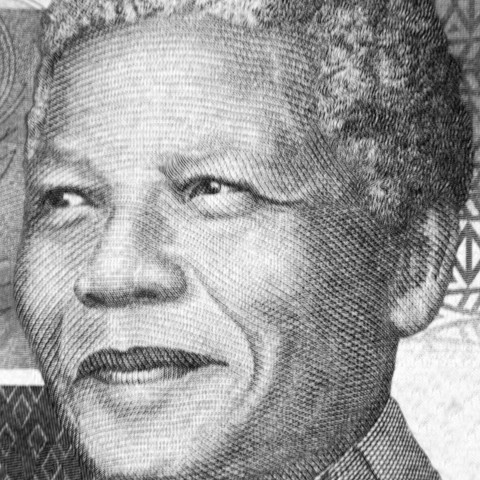
oppad na — “on the way to”
Simple Sentence: Clarens is oppad na die Golden Gate Highland National Park.
Translation: “Clarens is on the way to the Golden Gate Highland National Park.”
Complex Sentence: Clarens is oppad na die Golden Gate Highland National Park, so draai links af van die hoofweg soontoe.
Translation: “Clarence is on the way to the Golden Gate Highland National Park, so turn left off the highway to go there.”
oorkant — “opposite”
Simple Sentence: Dis oorkant die apteek.
Translation: “It’s opposite the pharmacy.”
Complex Sentence: Dis oorkant die apteek wat jy moet regs draai en dan weer onmiddelik links.
Translation: “It’s opposite the pharmacy so you have to turn right and then immediately left again.”
langs — “next to”
Simple Sentence: Parkeer langs die motorhuis.
Translation: “Park next to the garage.”
Complex Sentence: Draai in by die tweede hek en parkeer langs die motorhuis.
Translation: “Turn in at the second gate and park next to the garage.”
voor and agter — “in front of” and “behind”
Simple Sentence: Ry voor in.
Translation: “Drive in at the front.”
Complex Sentence: Ry voor in en parkeer dan agter die huis.
Translation: “Drive in at the front and then park behind the house.”
ver and naby — “far” and “close”
Simple Sentence: Dis ver na Muizenberg strand toe.
Translation: “It’s far to Muizenberg Beach.”
Complex Sentence: Jy gaan ver ry om naby Muizenberg strand te kom.
Translation: “You’re going to drive far to get close to Muizenberg Beach.”

by die kruising — “at the crossing”
Simple Sentence: Gaan links by die kruising.
Translation: “Go left at the crossing.”
Complex Sentence: Gaan links by die kruising en hou reguit aan tot by die eerste verkeerslig.
Translation: “Go left at the crossing and keep straight until the first traffic light.”
om die draai — “around the corner”
Simple Sentence: Die kruidenier is net om die draai.
Translation: “The grocer is just around the corner.”
Complex Sentence: Die kruidenier is net om die draai van die publieke swembad.
Translation: “The grocer is just around the corner of the public swimming pool.”
Note: In both Afrikaans and English, this sentence can be an expression that means that something isn’t far from another thing. It could also serve as a literal direction in both languages.
binne stapafstand — “within walking distance”
Simple Sentence: Die winkel is binne stapafstand.
Translation: “The shop is within walking distance.”
Complex Sentence: Die winkel is binne stapafstand van die polisie stasie wat net oorkant die stadsaal is.
Translation: “The shop is within walking distance of the police station which is just opposite the city hall.”
gaan terug — “go back”
Simple Sentence: Gaan terug na Gautrein stasie.
Translation: “Go back to Gautrain Station.”
Complex Sentence: Gaan terug na Gautrein stasie se hoofingang en neem ‘n taxi na die middestad.
Translation: “Go back to Gautrain Station’s main entrance and take a taxi to the city center.”

X kilometer ver van — “X kilometers away from”
Simple Sentence: Kaapstad is 1400 kilometer ver van Johannesburg.
Translation: “Cape Town is 1400 kilometers away from Johannesburg.”
Complex Sentence: Dis beter om te vlieg as jy haastig is want Kaapstad is 1400 kilometer ver van Johannesburg.
Translation: “It’s better to fly if you’re in a hurry because Cape Town is 1400 kilometres away from Johannesburg.”
2. Directions in Afrikaans: On a Map
Fortunately, all the directions stay the same on a map, no matter where in the world you find yourself. Giving directions in Afrikaans could be made much easier when you have one of these in front of you—geared with the correct Afrikaans vocabulary, of course!

noord and suid — “north” and “south”
Simple Sentence: Draai noord by die meer.
Translation: “Turn north at the lake.”
Complex Sentence: Hou reguit aan met die grondpad en draai dan noord by die meer.
Translation: “Keep straight on with the gravel road and turn north at the lake.”
oos and wes — “east” and “west”
Simple Sentence: Oos, wes, tuis bes.
Translation: “East, west, home best.”
Note: This is an Afrikaans expression that means what it says: no matter how far and wide you travel, home remains the best place to return to.
Complex Sentence: By die stopstraat, kyk wes om die Tafelberg kabelkar te sien.
Translation: “At the stop street, look west to see the Table Mountain cable car.”
noordwes and noordoos — “northwest” and “northeast”
Simple Sentence: Mafikeng is in Noordwes provinsie
Translation: “Mafikeng is in North West Province.”
Complex Sentence: Zimbabwe is noordwes van Johannesburg, maar noordoos van Maputo.
Translation: “Zimbabwe is northwest of Johannesburg but northeast of Maputo.”
suidwes and suidoos — “southwest” and “southeast”
Simple Sentence: Namibië word ook Suidwes Afrika genoem.
Translation: “Namibia is also called Southwest Africa.”
Complex Sentence: Die Uil Huis is in Nieu Bethesda, wat suidoos lê van De Aar.
Translation: “The Owl House is in Nieu Bethesda, which lies southeast of De Aar.”
suidwesterlike and suidoosterlike — “southwestern” and “southeastern”
Simple Sentence: Die suidwesterlike deel van Suid Afrika is meestal woestynland.
Translation: “The southwestern part of South Africa is mostly desert land.”
Complex Sentence: Die Kaapse Dokter is ‘n sterk, droë suidoosterlike wind wat Kaapstad se besoedelde lug skoonmaak elke September.
Translation: “The Cape Doctor is a strong, dry southeastern wind that cleans Cape Town’s polluted air every September.”
noordwestelike and noordoostelike — “northwestern” and “northeastern”
Simple Sentence: Richardsbaai Wildreservaat lê in ‘n noordoostelike rigting vanaf Pietermaritzburg.
Translation: “Richard’s Bay Game Reserve lays in a northeastern direction from Pietermaritzburg.”
Complex Sentence: Gaborone, die hoofstad van Botswana, lê in ‘n noordwestelike rigting redelik naby aan Johannesburg.
Translation: “Gaborone, the capital city of Botswana, lays in a northwestern direction fairly close to Johannesburg.”

3. Directions in Afrikaans: Survival Questions and Phrases
Example: Waar is die stasie, asseblief?
Translation: “Where is the station, please?”
Example: Hoe kom ek by die hoofweg uit van hier af?
Translation: “How do I get to the highway from here?”
Example: Kan ek die trein soontoe neem?
Translation: “Can I take the train there?”
Example: Wat is die kortste roete na die lughawe?
Translation: “What is the shortest route to the airport?”
Note: Unfortunately, like most countries, South African cities have their dangerous spots. It could sometimes be prudent to ask for the safest route somewhere, as in: Wat is die veiligste roete na XXX? / “What is the safest route to XXX?” Or, before heading out on your own somewhere, you could ask: Is dit ‘n veilige area om te besoek? / “Is it a safe area to visit?”
Example: Ek het verdwaal. Kan u my help, asseblief? (Here the formal “you” is a polite, safe way to address strangers!)
Translation: “I am lost. Could you help me, please?”
Example: Hoe vêr is is dit te voet na die busstasie van hier af?
Translation: “How far is it by foot from here to the bus station?”
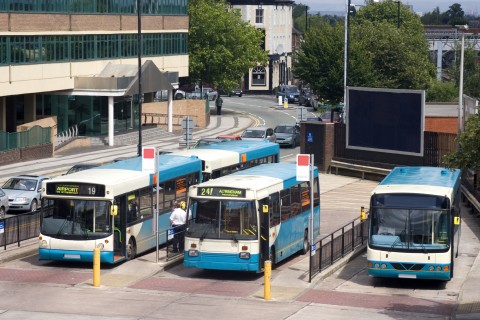
Example: Verskoon my, waar is die ruskamer, asseblief?
Translation: “Excuse me, where is the restroom, please?”
Example: Kan u my wys hoe om by die restaurant uit te kom, asseblief?
Translation: “Could you show me how to get to the restaurant, please?”
Example: Baie dankie vir u hulp! Ek waardeer dit baie.
Translation: “Thank you very much for your assistance! I really appreciate it.”
4. Directions in Afrikaans: Landmarks

When a map is either unavailable or useless, a landmark could make all the difference in finding your way in a strange city. Many landmarks have been used in the sentences above, but for your convenience, here’s a handy vocabulary list of the most common landmarks found anywhere.
| English | Afrikaans |
|---|---|
| “airport” | lughawe |
| “train station” | treinstasie |
| “bus station” | busstasie |
| “bus stop” | busstop |
| “taxi rank” | taxistaanplek |
| “rental car depot” | huurmotor depot |
| “harbor” | hawe |
| “city center” | middestad |
| “suburb” | buurt |
| “park” | park |
| “museum” | museum |
| “aquarium” | akwarium |
| “cinema” | rolprentteater |
| “vending machine” | vending machine |
| “theme park” | pretpark |
| “hospital” | hospitaal |
| “church” | kerk |
| “zoo” | dieretuin |
| “garden” | tuin |
| “fountain” | spuitfontein |
| “waterpark” | waterpark |
| “elevator” | hysbak |
| “escalator” | roltrap |
| “revolving doors” | swaaideure / draaideure |
| “bathroom” | badkamer |
| “parking lot” / “parkade” | parkeerplek / parkade |
| “gate” | hek |
| “statue” | standbeeld |
5. Learn the Best Directions in Afrikaans at AfrikaansPod101!

So, reader, how do you feel about giving or asking for directions in Afrikaans now? Is there anything you still want to know about directions in Afrikaans? Let us know in the comments; we’ll be glad to help!
Learning with us, you’ll be thoroughly trained to ask for and give directions in Afrikaans. We teach Afrikaans directions with vocab lessons that use listening comprehension, hundreds of vocab lists, many Afrikaans reading exercises, lessons with slideshows and recorded audio (such as this The Top 10 Ways to Prepare for Travel lesson), and so much more! Arm yourself with an online Afrikaans dictionary, thousands of Afrikaans key phrases, and a Word of the Day to stay at the top of your game.
Never get lost anywhere in South Africa with AfrikaansPod101. Sign up today!















